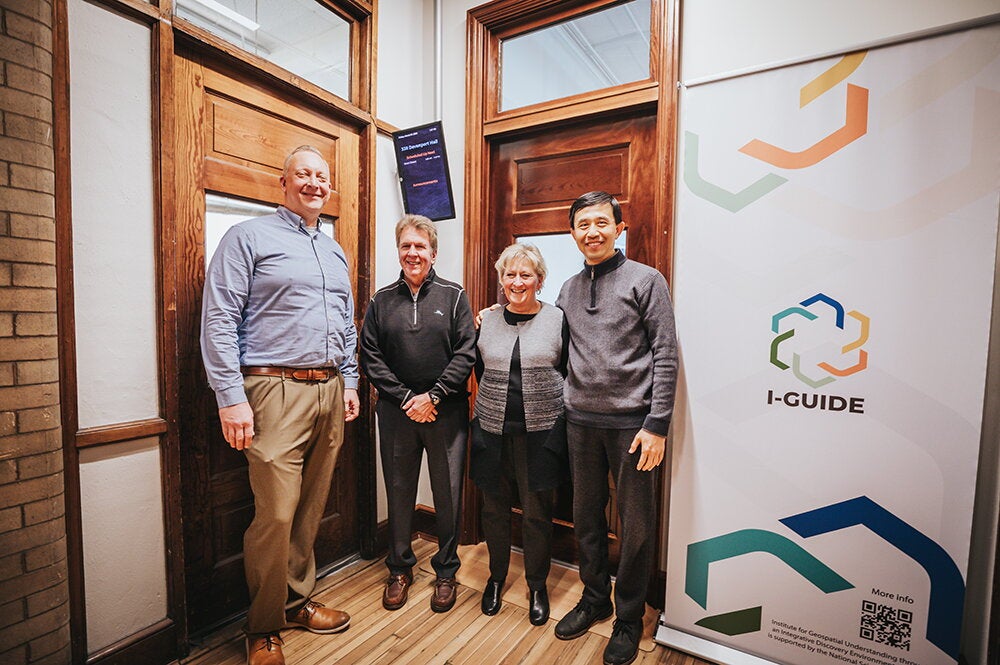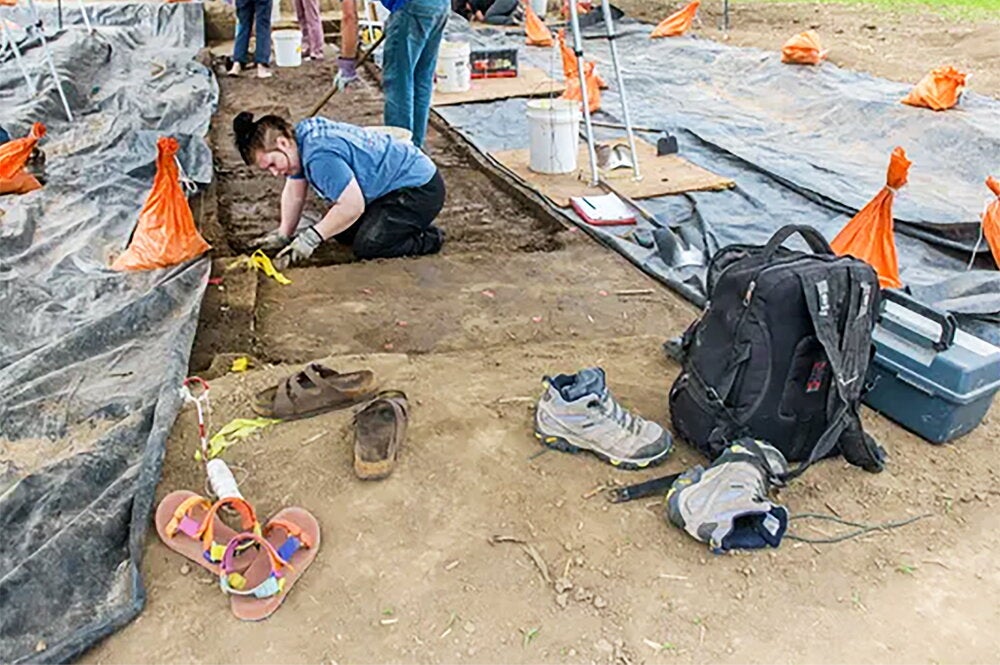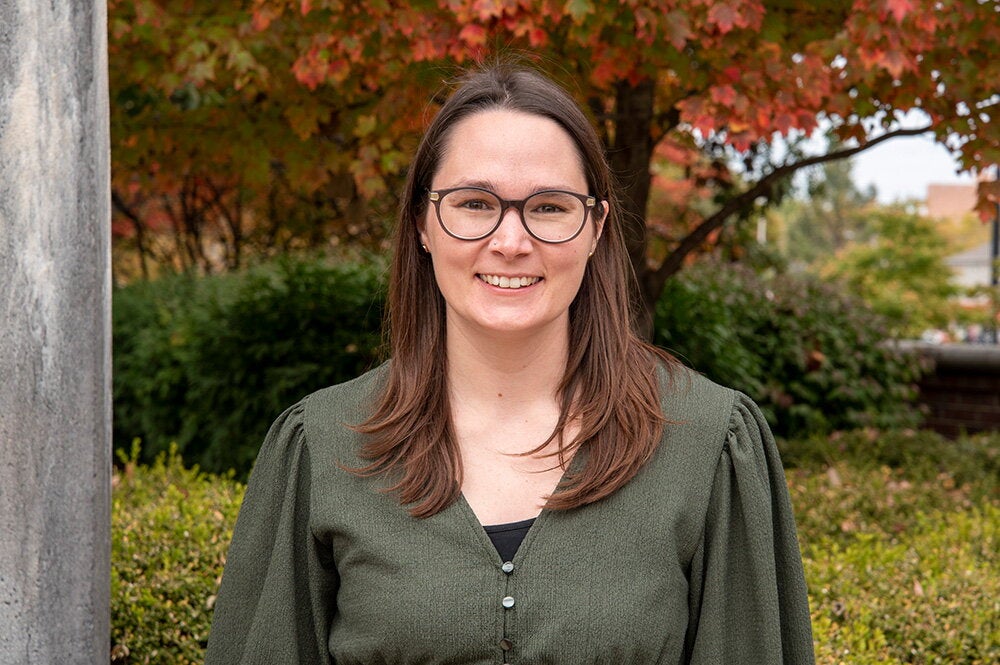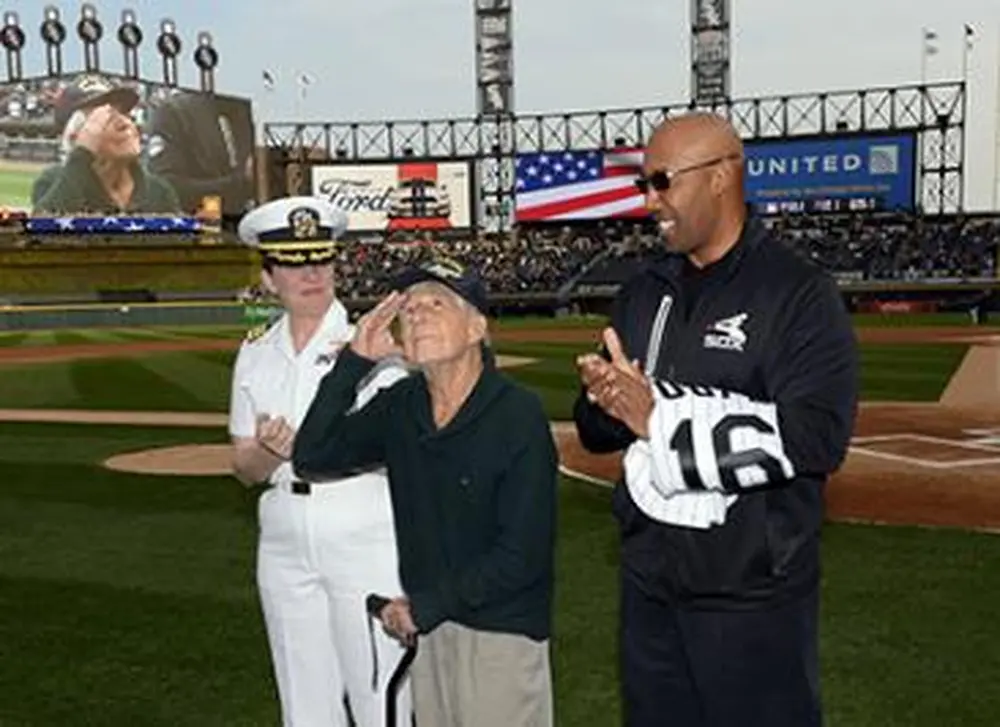
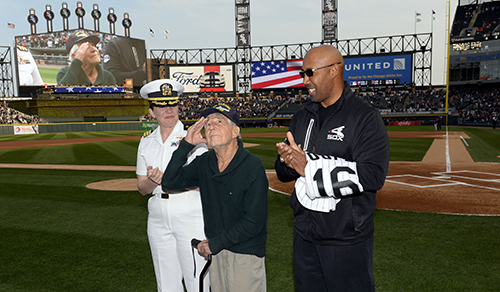
Leon Cooper is accustomed to facilitating reunions, but his most treasured ones typically don’t have so many people.
The Chicago White Sox and a crowd of more than 28,000 home fans honored Cooper, 96, for his military service and his work advocating for the safe return of World War II soldiers’ bodies that remain scattered on Pacific islands more than 70 years after the war ended.
Cooper (AB, ’41, general curriculum), a native of Humboldt Park, was the White Sox’s honorary Hero of the Game during the team’s May 7 contest against the visiting Minnesota Twins. Former White Sox outfielder Harold Baines presented Cooper with a personalized jersey, and Cooper was later given five military medals that he’d reportedly never claimed.
“The fact that Leon’s from Chicago, we thought it would be a terrific opportunity to welcome him home,” said White Sox spokeswoman Christine O’Reilly.
The ceremony, which took place in the middle of the third inning, included a standing ovation from the crowd as Cooper solemnly saluted. For Cooper, this honor seemed less about himself and more about bringing attention to his cause.
“I don’t deserve this,” Cooper told the Chicago Sun-Times. “I’m no hero. The real heroes are the guys who didn’t come back.”
Cooper began his quest to clean the beaches of Tarawa in 2004. Tarawa is a small Pacific island that became the stage for a bloody battle in November 1943, when Cooper, then a naval ensign, and thousands of other U.S. service members fought Japanese soldiers in a battle that killed more than 6,000 Americans and Japanese.
Cooper began taking action because he saw a news report stating garbage was washing ashore uninhibited on the very beaches he’d stormed during the war. His efforts quickly turned from removing the garbage to recovering the perhaps hundreds of former American soldiers whose bodies remain buried in the sand at Tarawa.
In 2008, Cooper teamed up with director Steven Barber to film a documentary about his return to the island and reunion with his fallen brothers, titled: “Return to Tarawa: The Leon Cooper Story.” The film’s success, and Cooper’s story of survival, spurred the U.S. military to launch a search mission for the remaining marines at Tarawa.
Two bodies of American servicemen were recovered in the initial 2010 search, and in 2015 the effort returned 39 sets of remains, including those of Medal of Honor recipient Alexander Bonnyman Jr.
Cooper, who now lives in Malibu, Calif., remains focused on his nonprofit corporation “MIAs—You Are Forgotten.” He and Barber are raising money for another film honoring more soldiers missing in action, this one titled, “Return to New Guinea,” currently in production.
Despite his age, Cooper remains focused on that singular task: ensuring that surviving families have the reunions they deserve with his fellow service members, even decades after hopes for their returns have run out.
